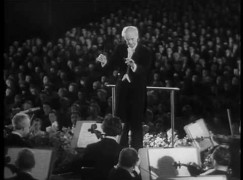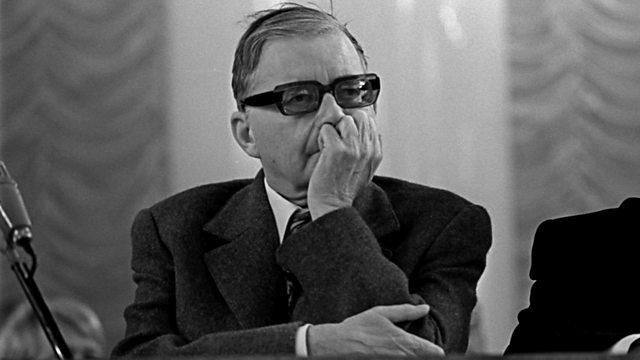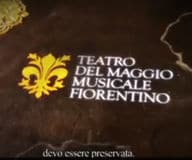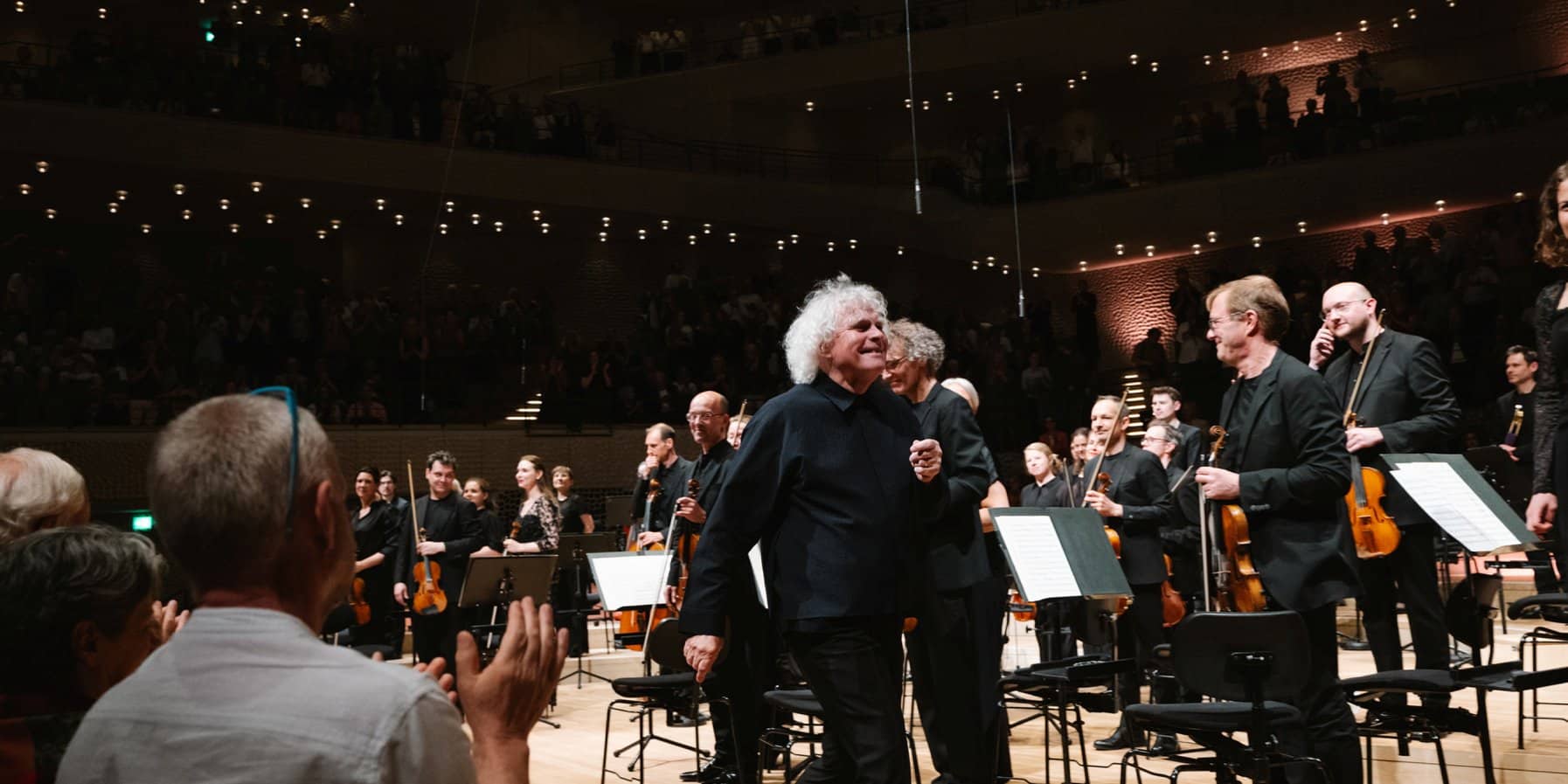Estonian wins European composers prize
mainThe Estonians are becoming the Real Madrid of classical music, winning everything in sight.
In Berlin tonight, Liisa Hirsch, 32, was awarded the Europäischen Komponistenpreis for her work, Mechanics of Flying.
Resolution: start learning Estonian.






Not to be confused with Lisa Hirsch, the San Francisco classical music blogger.
https://irontongue.blogspot.com/
Absolute torture!! Send it to Gitmo. I’d rather experience “flying” in a crowded A380 in cattle class.
Well, at least the violin survived the flight!
Absolute torture, indeed. Cattle class on a crowded A380 is utterly pleasant compared to Mrs. Hirsch’s work.
“Cloud Tones” seems an apt soundtrack for the last minutes of a stowaway crammed into the gear well of said crowded A380.
I see the 1960’s are still à la mode?
It’s amusing to hear “avant-garde” composers talk about neo-tonality being regressive and “déjà vue”, and yet they themselves can’t drag themselves out of the mid 20th century.
The “avant-garde” hasn’t brought anything new to the table since the 1920’s.
So Schönberg, Stockhausen, Scelsi, Ferneyhough and Lachenmann sound the same to you? There have been plenty of distinct styles in the avantgarde, not liking any of them is another topic. I don’t think either avantgarde of neotonality are regressive, they’re just different kinds of music.
As for this work, it actually feels rather dreamy. I liked the sound and the atmosphere, but it gets dull after a while. However, I liked the last couple minutes.
As we know, nothing is more conventional and empty-headed as ‘avantgarde’.
I was waiting for the piano to join-in, but the instrument seems to have been used mainly as support structure.
“It’s amusing to hear ‘avant-garde’ composers talk about neo-tonality being regressive and ‘déjà vue'”
Can you please cite an instance when Ms. Hirsch has done so? I’d be very surprised if she thinks this way. Many composers of her generation are likely to feel that the musical world offers so many scenes now that audiences can choose from, that any talk of “regression” is inappropriate. Both the composers exploring sounds similar to earlier avant-garde movements and those writing neotonality are each doing their own thing in the wonderfully diverse arts selection that we have available to us.
Agreed. Every attempt to write music or sonic art will have to delve into what already exists, and if done with talent, something interesting can come-out. (I don’t understand why Ms Hirsch receives a ‘European’ prize for her utterly UNinteresting piece… nothing could be more un-European than this attempt.)
About the availability, for audiences, of different strands of new music / sonic art, there could be said something different, but that has already been exhausted in former threads.
This is how it feels when you are abducted by aliens in a flying saucer.
In this kind of sonic composition there is essentially nothing new since David Tudor played John Cage’s Solo for Piano in the 1950’s, and Franco Evangelisti scrubbed a brush on the piano strings in a performance of the Gruppo di Improvvisazione Nuova Consonanza in the late 1960’s (great sounds, even big fun depending on your humor, but definitely no music). It’s very anachronistic to give a prize to this kind of “composition” in 2016, especially by an organization (Young Euro Classic) that calls itself “the world’s most important platform for international young orchestra musicians in the European classical music tradition.” Nota bene: classical music tradition!
Indeed…. the apotheosis of silly ignorance and misunderstanding. It has something hilarious about it.